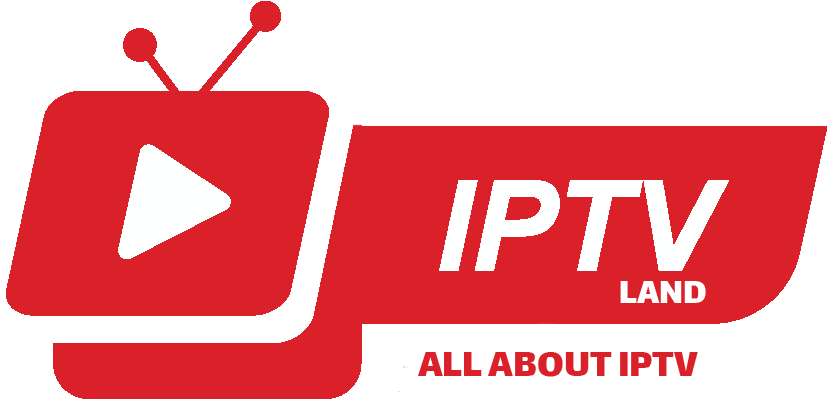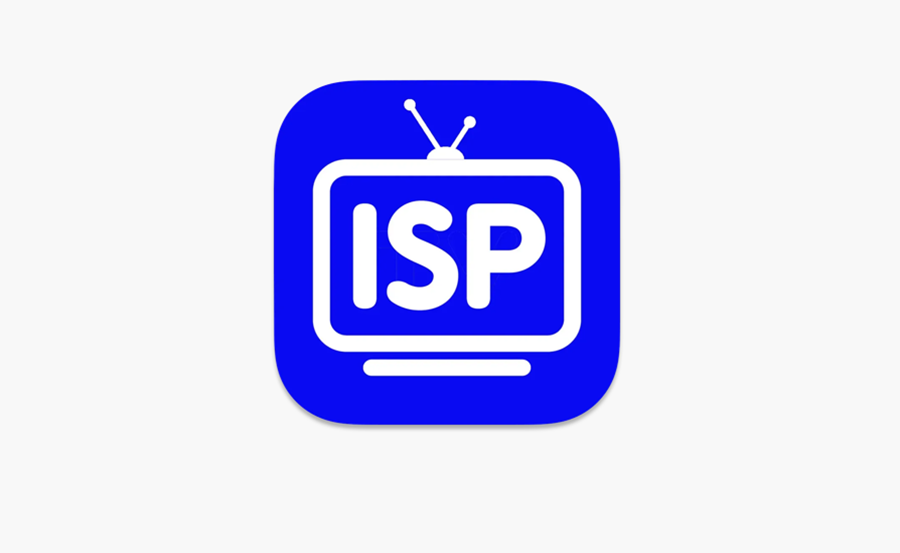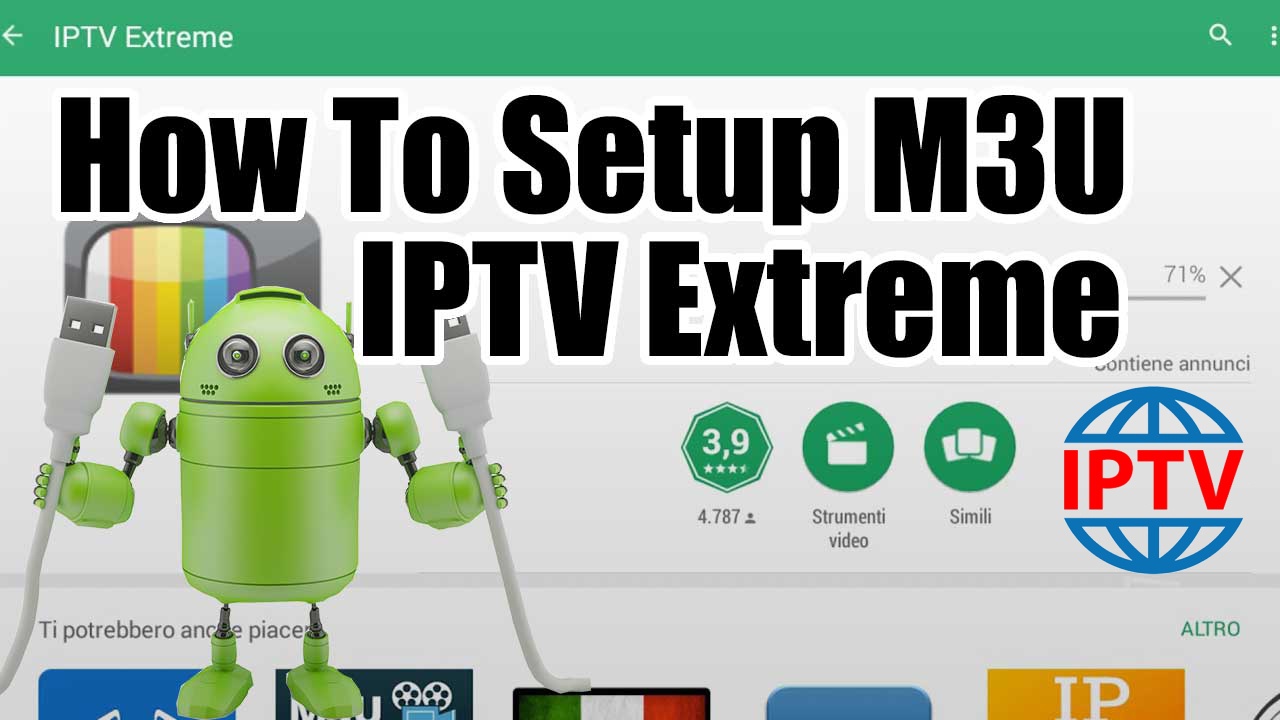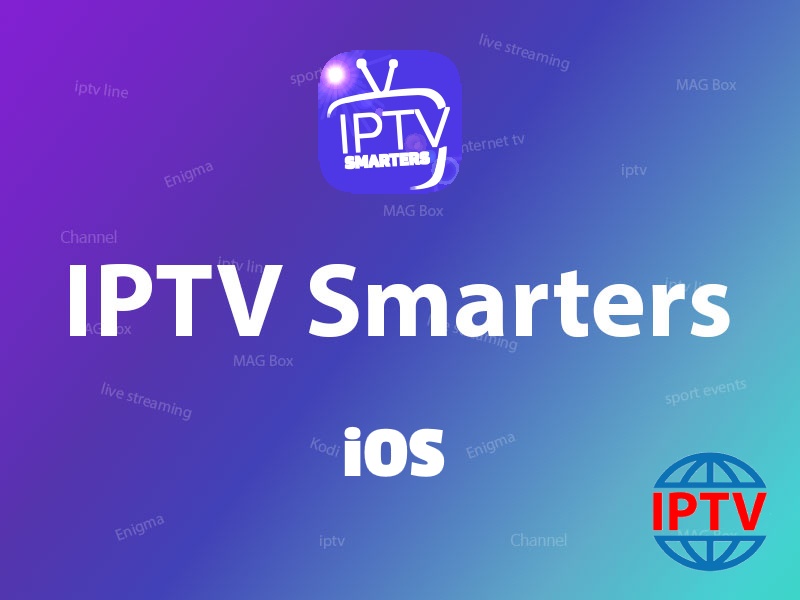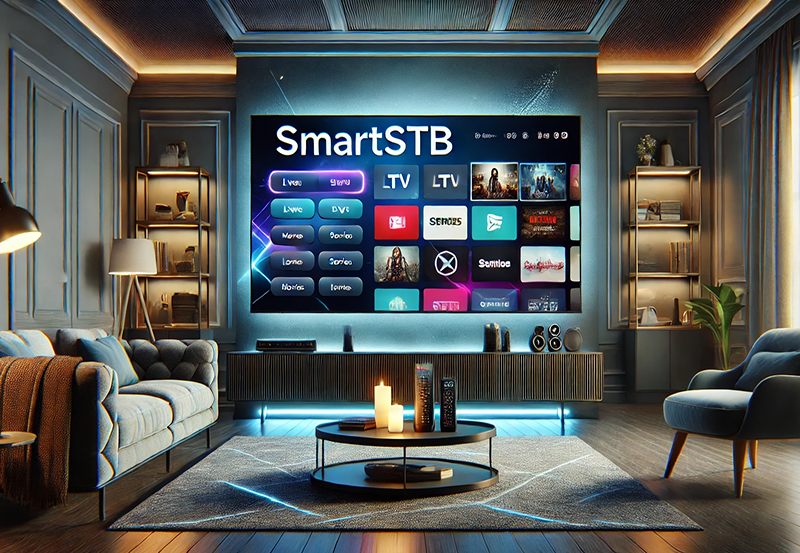The world of Internet Protocol Television (IPTV) can be as fascinating as it is complex. If you’re new to this technology, decoding its terminologies might seem overwhelming at first. Fret not, this guide is crafted to walk you through the essentials in a language that even beginners will find approachable. We’ll touch on how IPTV for IPTV Smarters and IPTV for UK fits into the larger landscape and tackle all about IPTV. Ready to embark on your IPTV journey? Let’s dive in.
Buy 1 Year IPTV Subscription and Enjoy Unlimited Content
What is IPTV?
Internet Protocol Television, commonly abbreviated as IPTV, represents a paradigm shift in how people consume television content. Unlike traditional broadcast methods, IPTV leverages the Internet to deliver content. This difference carries with it a slew of advantages, from greater channel variety to flexibility in viewing.
Perhaps one of the most significant points about IPTV is its ability to offer live and on-demand content, giving users a level of control and interactivity that traditional TV services can’t match. Notably, IPTV isn’t limited by geographic constraints – hence the growing interest in IPTV for UK and beyond.
The backbone of IPTV is its use of broadband internet, enabling high-quality streaming experiences. As service providers continue to innovate, the future of IPTV looks increasingly promising as a cornerstone of modern entertainment.
IPTV vs Traditional TV
It’s important to understand how IPTV contrasts with traditional cable or satellite TV. One of the primary distinctions is the medium through which content is delivered. Traditional TV relies on radio-frequency signals transmitted via satellite, cable, or antenna, whereas IPTV uses Internet protocols.
Moreover, IPTV’s subscription model typically includes a wide array of channels bundled together, making it a versatile choice for diverse audiences. It often integrates with devices like smartphones and smart TVs, enhancing user convenience and accessibility.
In essence, IPTV offers a dynamic viewing experience that adapts to the individual’s schedule, not the other way around. This flexibility is a major selling point for audiences accustomed to rigid TV programming.
Common IPTV Terminology and Features
IPTV Middleware
Middleware serves as the glue in the IPTV ecosystem, facilitating communication between hardware and applications. It plays an essential role in managing interactions between users and the IPTV system, providing an interface for users to navigate.
This component is particularly crucial for delivering functionalities like electronic program guides (EPGs), video on demand (VoD), and interactivity, which enhance the overall user experience.
Without robust middleware, the seamless integration of content and services that IPTV users have come to expect would be hard to achieve.
Set-Top Box (STB)
A set-top box is a critical piece of hardware that connects to a user’s television, converting incoming IPTV signals to visible content on the screen. While newer smart TVs may have built-in capabilities for IPTV, an STB is still widely used for delivering high-quality visual and audio experiences.
STBs are particularly advantageous in providing additional features such as recording, pause, and rewind live TV, further amplifying the interactive aspect of IPTV services.
Choosing the right set-top box can significantly impact the quality and enjoyment of IPTV services, making them a key component in this digital entertainment era.
Key Features of Set-Top Boxes
- High-definition video output
- Support for various streaming formats
- Connectivity options for internet and television devices
- User-friendly interface for easy navigation
IPTV Platforms and Players: An Overview
IPTV Smarters
IPTV Smarters is a powerful app designed to streamline the IPTV viewing experience on various devices, including phones and smart TVs. It’s notably popular among service providers for its stellar client management options and branding capabilities.
The app offers a sleek user interface, making it easy for users to manage their IPTV subscriptions, playlists, and EPGs in one place. Plus, with features like a built-in video player, subtitles support, and parental controls, IPTV Smarters is all about enhancing convenience without sacrificing quality.
Its ability to integrate multiple IPTV subscriptions into a single platform makes it an attractive choice for users who crave both versatility and organization in their media consumption habits.
Popular IPTV Players
While IPTV Smarters makes its mark, the landscape of IPTV players is dotted with numerous options, each catering to different user needs and preferences.
Players like VLC Media Player and Kodi are also regularly used for IPTV streaming. Both offer robust playback capabilities and support a wide range of files and formats, making them reliable choices for both new and seasoned users.
It’s worth exploring these options to determine which player aligns best with your streaming needs and the types of content you frequent.
Understanding the IPTV Ecosystem
How IPTV Works
The functioning of IPTV can be simplified to three main components: content acquisition, distribution, and viewer playback. At the acquisition stage, content is captured and prepared for transmission over the internet.
Next, the distribution process involves a complex network of servers and IP addresses to make the content accessible to subscribers anywhere. Finally, playback occurs through compatible devices, which decode the digital signals back into audiovisuals that can be viewed by the user.
This three-step process highlights the coordinated effort needed to deliver IPTV services seamlessly, demonstrating why IPTV is a preferred choice for continuous, high-quality entertainment.
The Role of IP Addressing
An IP address, pivotal in the routing of IPTV content, ensures that the data packets reach the correct destination, enabling proper playback of media content. It’s essentially the address that directs the data to its intended location, usually your device.
IPTV in the UK: A Glimpse into the Future
The Rise of IPTV in the UK
In recent years, IPTV for UK has seen accelerating growth, driven by increasing demand for flexible viewing options and diversified content. Traditional television has found a lively competitor in IPTV, which offers both live broadcasts and VoD services without the limitations of geographical boundaries.
Providers are swiftly adapting to this digital shift, and consumers in the UK are embracing this change, seeking quality, affordability, and variety in their media consumption. From sports to entertainment, and international programming, IPTV is redefining how UK viewers engage with content.
Moreover, advancements in broadband infrastructure have paved the way for widespread adoption of IPTV, making high-quality streaming accessible to a larger audience.
Future Trends
Looking forward, the future of IPTV in the UK appears promising, with technological advancements and audience demand driving continuous innovation. Enhanced interactive features and integration with other smart home technologies are on the horizon.
Furthermore, as content providers explore partnerships and exclusive offerings, viewers can expect an enriched array of services and choices in their content lineup.
As IPTV continues to evolve, it is imperative for industry players and consumers to stay informed about emerging trends and technologies fueling this growth.
Challenges and Opportunities in IPTV
Challenges Faced by IPTV Providers
Despite its numerous advantages, the IPTV industry faces its share of challenges, particularly concerning piracy and legal hurdles. Unauthorized access and distribution of content threaten revenue streams and undermine industry sustainability.
Moreover, ensuring consistent quality of service poses another challenge, as latency or buffering can greatly diminish user experience. Providers must invest in infrastructure and technology to maintain service levels that meet consumer expectations.
The regulatory landscape is also a dynamic aspect that IPTV providers must navigate, balancing between compliance and innovation.
Opportunities for Expansion
Despite challenges, IPTV presents exciting growth opportunities, particularly in regions with evolving technology landscapes. The demand for personalized content and interactive experiences opens a myriad of avenues for targeted service offerings.
Further, the integration of emerging technologies like AI and machine learning promises enhanced user experiences through predictive content suggestions and adaptive streaming quality based on network conditions.
As telecom and media industries converge, collaboration and strategic partnerships will be key to unlocking new potential in the IPTV market.
FAQ Section
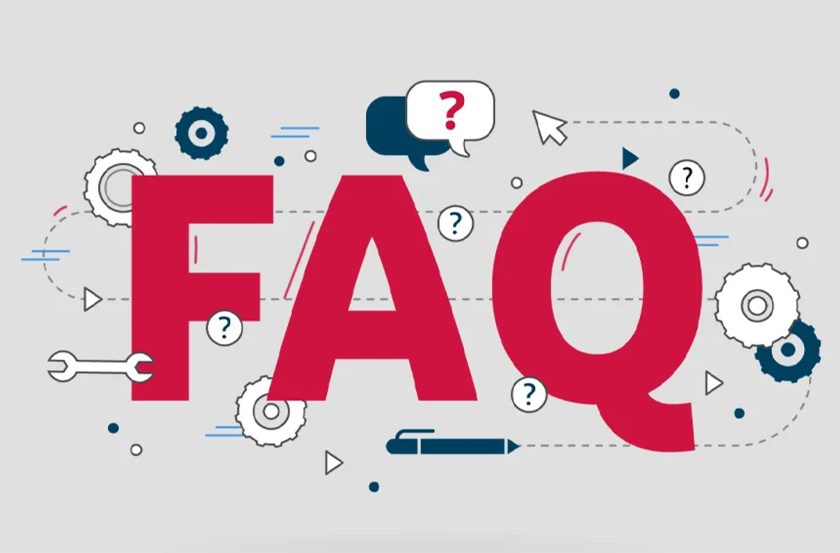
What are the basic requirements for IPTV?
To enjoy IPTV services, you’ll need a stable internet connection, a compatible device (such as a smart TV, smartphone, or a computer), and a subscription plan with a service provider. Some services may require a set-top box for optimal viewing.
Is IPTV legal in the UK?
Yes, IPTV services are legal in the UK as long as the content being accessed accompanies the appropriate licenses. Consumers should ensure that their service providers are legitimate and authorized to broadcast the content.
Can IPTV replace traditional cable TV?
For many users, IPTV serves as an excellent alternative to traditional cable TV, offering greater flexibility, broad content options, and often more competitive pricing. However, some audiences may still prefer the familiarity and simplicity of traditional services.
How do I select a reliable IPTV provider?
Research is key when selecting an IPTV provider. Look for recommendations from trusted sources, verify the provider’s licensing and quality of offerings, and consider the variety of channels and features provided. Checking user reviews and testimonials can also be helpful in making an informed decision.
What makes IPTV beneficial compared to other streaming services?
IPTV often provides access to live television, which many streaming services don’t offer outright. Additionally, it can bundle live TV with on-demand content, thus offering a more comprehensive package for viewers who appreciate both synchronous and asynchronous viewing experiences.
Are there any data consumption concerns when using IPTV?
Yes, IPTV can consume significant data, especially when streaming high-quality content. It’s important for users to be mindful of their internet data caps and ensure they have a sufficiently fast connection to support their viewing habits. Unlimited data plans are often recommended for avid IPTV users.
The landscape of IPTV is continuously unfolding, full of complexities and exciting prospects. Whether you’re just getting started or looking to deepen your understanding, staying informed is key to navigating this digital era effectively. IPTV is more than just entertainment; it’s a gateway to a versatile viewing experience that fits right into the palm of your hand, wherever you are.
Exploring IPTV Smarters: A Modern Solution to Streaming
